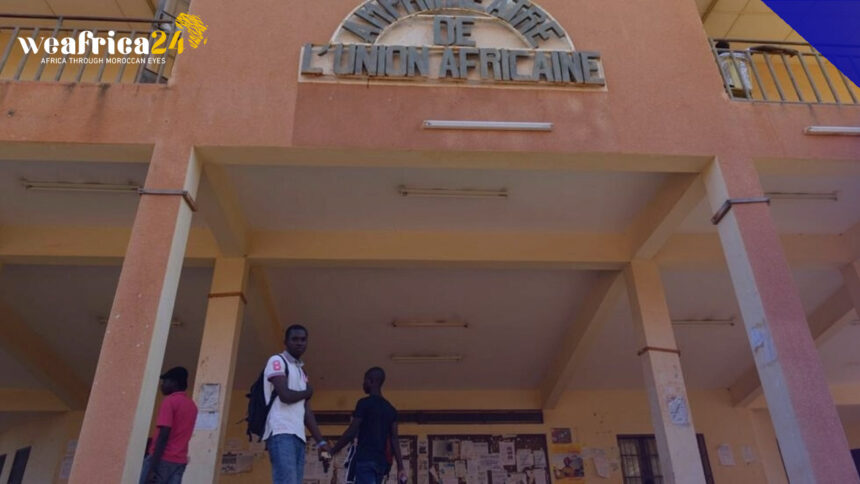In the aftermath of Labor Day, Burkinabe trade unions are condemning punitive measures taken against one of their representatives. Moussa Diallo, the General Secretary of CGTB – the country’s main trade union confederation – was recently dismissed by the University of Manga, where he was employed.
In Burkina Faso, Moussa Diallo was dismissed for absenteeism while facing death threats from supporters of the incumbent government. Diallo is forced to hide to avoid being abducted or arrested. His dismissal, decided by the Council of Ministers, has sparked outrage among all trade unions in the country, who denounce a witch-hunt against a union leader.
Since October 31 last year and the aborted plan for a trade union rally to denounce the abuses of power, the leader of the CGTB has been subjected to threats and abduction attempts. Despite hiding, Moussa Diallo has not received support from the authorities or his supervisory ministry, which, on the contrary, approved his dismissal on April 25.
His fellow union comrades, through numerous statements, decry a dismissal they deem “cynical.”
“There have been threats by individuals who are supporters of the incumbent government, and no authority, neither the government nor the ruling power, has spoken out to reason with those making these threats,” laments Souleymane Kologo of the National Federation of Education Workers’ Unions, speaking to Frédéric Garat from the Africa desk. “Neither the Minister of Security nor the Minister of Public Service has lifted a finger to say anything.”
Beyond a government passivity deemed complicit by the unions, they are alarmed by the severely threatened trade union freedom in Burkina Faso.
“There is an infringement on trade union freedoms, it is a fact because freedoms are increasingly restricted, because, after all, if we must fear terrorists who attack us in the bush and also fear our state, let’s admit that we are not in a position to be comfortable and work serenely for the country’s development,” continues Souleymane Kologo.
Underlying this pressure on Burkinabe trade unions, many of them question: how can they engage in a national dialogue desired by the junta if one of the main components of Burkina Faso’s social fabric is not allowed to speak out?







